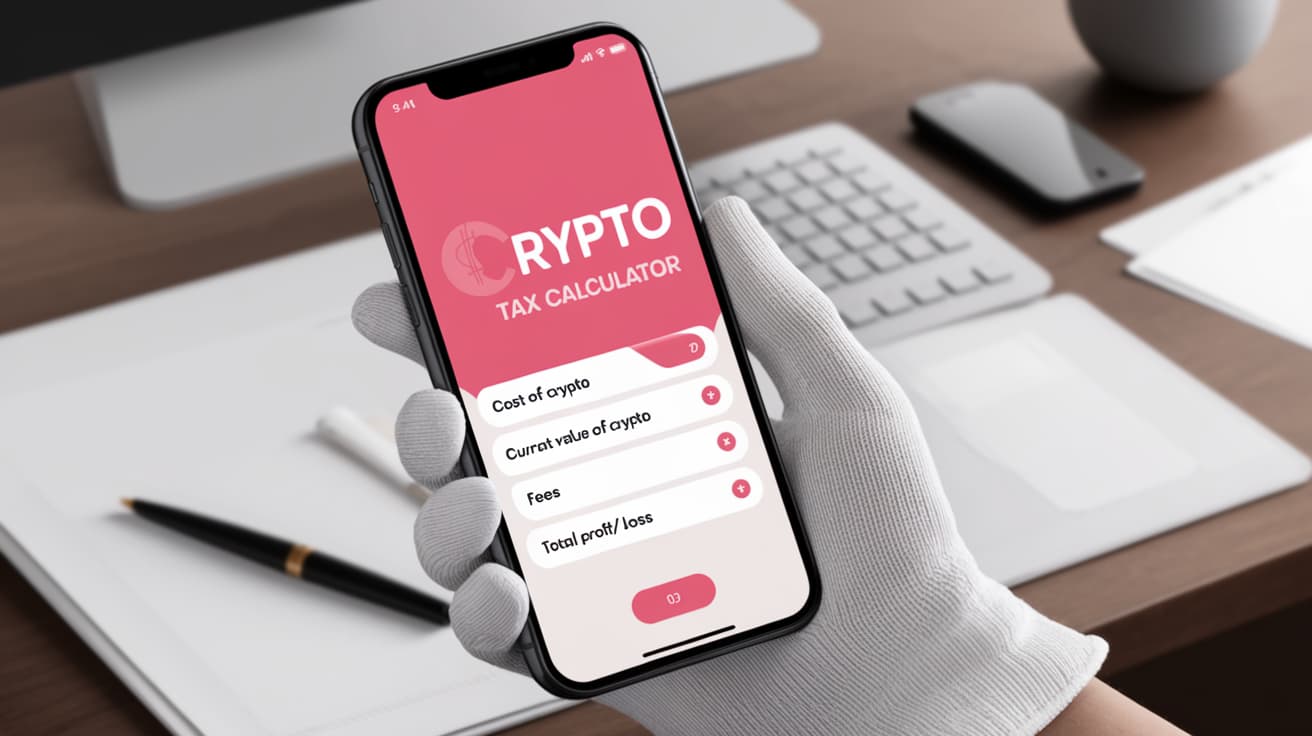The Ultimate Guide to Simplify Your Crypto Taxes with the UK Crypto Tax Calculator
Discover how to calculate your UK Capital Gains Tax with this complete guide. Includes examples, rates, and a step-by-step calculator.

Introduction
Capital Gains Tax (CGT) is a critical aspect of financial planning for UK taxpayers. Whether you're selling investments, property, or cryptocurrencies, understanding how to calculate your CGT is essential to avoid overpayment. This guide explores how to use a Capital Gains Tax UK Calculator to simplify the process and ensure accurate tax filings for 2024.
What Is Capital Gains Tax in the UK?
Capital Gains Tax is a tax on the profit made when you sell or dispose of an asset that has increased in value. It applies to various assets, including shares, property, and cryptocurrencies. However, only the gain is taxed, not the total sale price.
Understanding CGT is crucial for financial planning, especially since tax rates and allowances differ depending on the type of asset and your income bracket.
How to Calculate Capital Gains Tax in the UK
Calculating Capital Gains Tax involves several steps. Here's a breakdown:
- Determine the asset's sale price and acquisition cost.
- Subtract allowable expenses, such as legal fees and improvement costs.
- Apply the annual CGT allowance (currently £6,000 for 2024).
- Calculate the taxable gain and apply the relevant CGT rate based on your income.
Example Formula for Calculating CGT
The formula for calculating CGT is:Taxable Gain = (Sale Price - Acquisition Cost - Allowable Expenses) - Annual Allowance
For example, if you sell an asset for £50,000, bought it for £30,000, and have £2,000 in allowable expenses, your taxable gain is:
£50,000 - £30,000 - £2,000 - £6,000 = £12,000
Using a Capital Gains Tax UK Calculator
A Capital Gains Tax UK Calculator is a powerful tool that automates the calculation process, ensuring accuracy and saving time. Here's how to use one effectively:
- Enter the asset's purchase price, sale price, and any allowable expenses.
- Input your income bracket to determine the applicable CGT rate.
- View the calculated taxable gain and the total CGT owed.
Capital Gains Tax on Property
Property transactions are subject to higher CGT rates compared to other assets. The rates are:
- 18% for basic rate taxpayers
- 28% for higher rate taxpayers
For example, if you sell a second home for £200,000, bought it for £150,000, and have £10,000 in allowable expenses, your taxable gain is:
£200,000 - £150,000 - £10,000 - £6,000 = £34,000
Capital Gains Tax on Shares
Shares are subject to standard CGT rates of 10% or 20%, depending on your income. Accurate calculation is crucial to ensure compliance and optimize savings.
Capital Gains Tax on Cryptocurrencies
Cryptocurrency transactions are taxable under CGT rules. Using a crypto capital gains tax calculator UK can help track and calculate gains accurately.
FAQs About Capital Gains Tax in the UK
- How is Capital Gains Tax Calculated in the UK? By subtracting acquisition costs, allowable expenses, and the annual allowance from the sale price.
- What Assets Are Subject to CGT? Shares, property, and cryptocurrencies are common examples.
- Do I Pay CGT on My Primary Residence? Typically, no. Primary residences are exempt under the Principal Private Residence Relief.
Conclusion
Calculating Capital Gains Tax can be complex, but tools like the Capital Gains Tax UK Calculator make it easier. By following the steps outlined in this guide, you can ensure accurate calculations and optimize your tax liability for 2024.